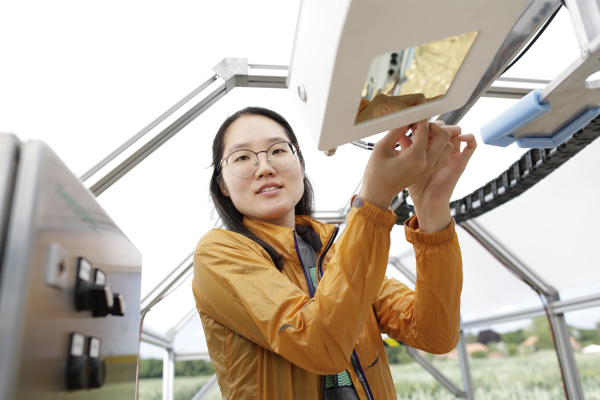The Queen's Anniversary Prize
The University has been awarded the prestigious Queen’s Anniversary Prize for its work supporting the success and sustainability of the UK’s food and farming industries through innovations in research, education, and technology.



